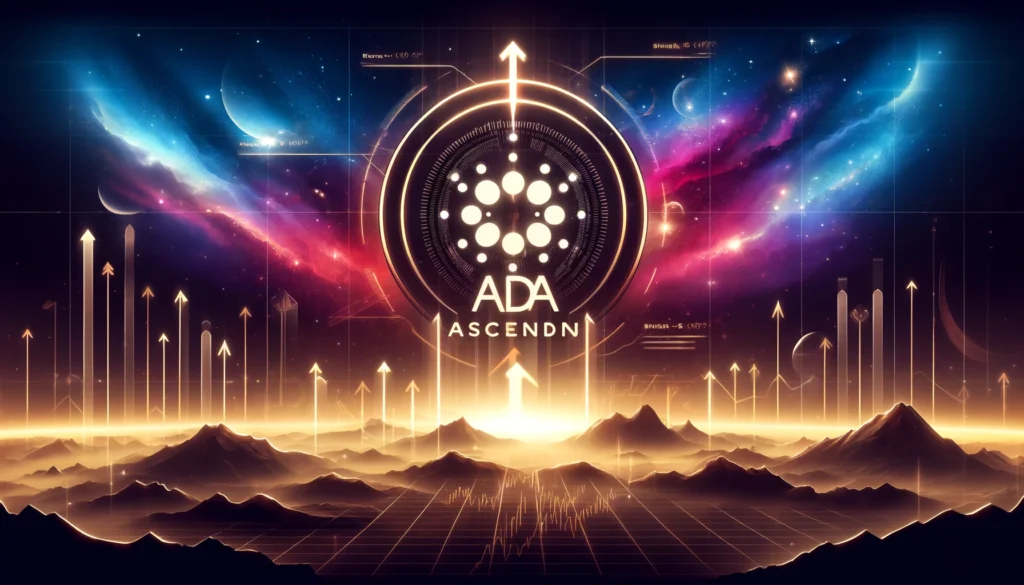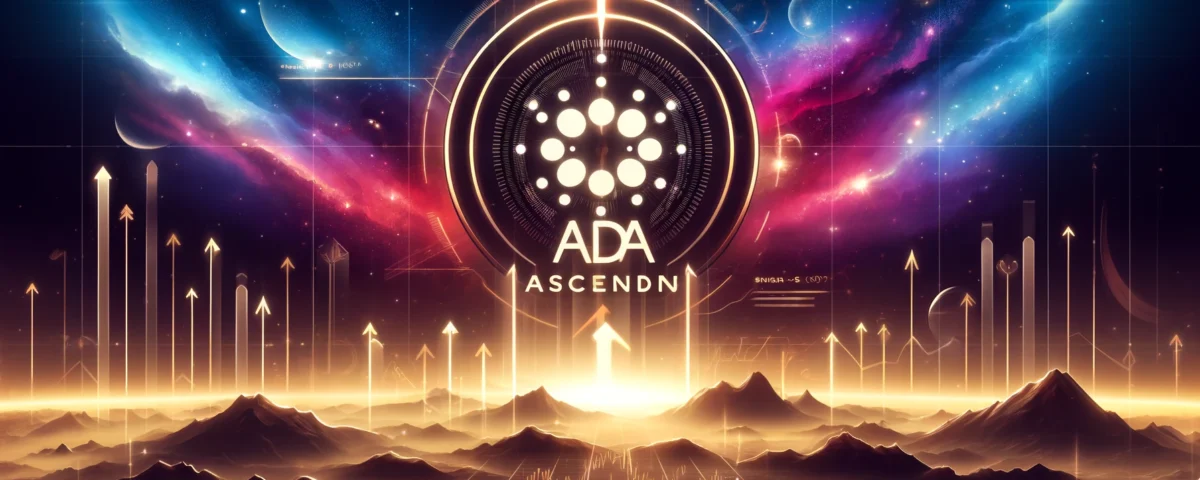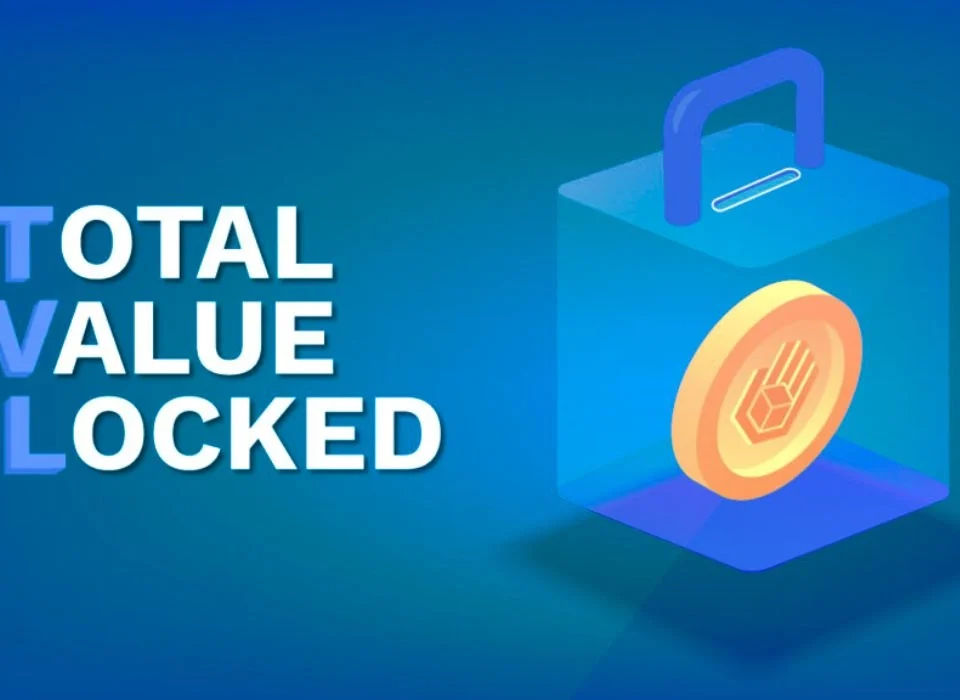
Cardano Founder: Crypto Industry Has Outgrown Bitcoin
23/05/2024
New Memecoin with AI Utility Raises $2.5M in Presale
24/05/2024What is Cardano (ADA) and Exploring Cardano in Cryptocurrency
Cardano (ADA) has emerged as one of the leading cryptocurrencies, known for its strong emphasis on security, sustainability, and scalability. Developed by a team of academics and engineers, Cardano aims to create a more balanced and sustainable ecosystem for cryptocurrencies. In this article, we will explore what Cardano is, its unique features, its place in the cryptocurrency market, and its potential future.

Understanding Cardano
Cardano is a decentralized, open-source blockchain platform that facilitates peer-to-peer transactions with its native cryptocurrency, ADA. It was founded in 2017 by Charles Hoskinson, one of the co-founders of Ethereum. The platform is named after Gerolamo Cardano, an Italian mathematician, while its native token, ADA, is named after Ada Lovelace, a 19th-century mathematician recognized as the first computer programmer.
Unique Features of Cardano
- Scientific Approach: Cardano distinguishes itself through its research-driven approach. The platform’s development is guided by peer-reviewed research and evidence-based methods. This academic rigor ensures that each update and feature is thoroughly vetted before implementation.
- Layered Architecture: Cardano’s architecture is divided into two layers: the Cardano Settlement Layer (CSL) and the Cardano Computation Layer (CCL). The CSL handles ADA transactions, ensuring security and speed, while the CCL is responsible for smart contracts and decentralized applications (dApps). This separation enhances the platform’s flexibility and scalability.
- Proof-of-Stake Consensus: Cardano uses the Ouroboros proof-of-stake (PoS) consensus mechanism, which is more energy-efficient than the proof-of-work (PoW) mechanisms used by Bitcoin and Ethereum. In Ouroboros, stakeholders, known as slot leaders, are selected to validate transactions and create new blocks based on the number of ADA tokens they hold and are willing to stake.
- Interoperability: Cardano aims to enable seamless interaction between different blockchains. The platform’s design facilitates the exchange of information and value between various cryptocurrencies and traditional financial systems, promoting greater interoperability in the blockchain ecosystem.
- Sustainability: Cardano addresses sustainability through its treasury system, which funds the development and maintenance of the platform. A portion of transaction fees is allocated to the treasury, ensuring that resources are available for continuous improvement and innovation.
Cardano’s Place in the Cryptocurrency Market
As of now, Cardano is one of the top cryptocurrencies by market capitalization. Its focus on solving the issues of scalability, interoperability, and sustainability has garnered significant attention from investors, developers, and enterprises. Here are some key aspects of Cardano’s market position:
- Market Capitalization and Adoption: Cardano consistently ranks among the top ten cryptocurrencies by market capitalization. Its robust technology and vision have attracted a growing community of supporters and developers.
- Partnerships and Collaborations: Cardano has formed strategic partnerships with various organizations, including governments, enterprises, and academic institutions. These collaborations aim to leverage Cardano’s technology for real-world applications, particularly in developing countries.
- Developer Ecosystem: The Cardano ecosystem is supported by a vibrant community of developers. The platform’s open-source nature and comprehensive development tools, such as the Plutus smart contract language and the Marlowe financial contract language, make it an attractive choice for building dApps.
Exploring Cardano’s Technology and Innovations
- Smart Contracts and dApps Cardano’s smart contract functionality, enabled by the Alonzo upgrade, allows developers to create and deploy decentralized applications on the platform. The Alonzo upgrade introduced support for Plutus, a smart contract language based on Haskell, which provides strong security guarantees and facilitates complex dApp development.
- Decentralized Finance (DeFi) Cardano is increasingly becoming a hub for DeFi applications. The platform’s scalability, low transaction fees, and security make it ideal for DeFi projects. Several DeFi protocols, such as decentralized exchanges (DEXs), lending platforms, and stablecoins, are being built on Cardano.
- Governance and Voting Cardano features a decentralized governance model that empowers ADA holders to participate in decision-making processes. Through Project Catalyst, the community can propose, discuss, and vote on funding initiatives aimed at improving the ecosystem. This democratic approach ensures that the platform evolves in a way that reflects the collective interests of its users.
- Identity and Credential Solutions Cardano is also exploring solutions for digital identity and credentials through its Atala PRISM framework. This technology enables secure and verifiable digital identities, which can be used in various applications, including finance, education, and healthcare.
Future Prospects and Roadmap
Cardano’s roadmap is structured into five eras: Byron, Shelley, Goguen, Basho, and Voltaire. Each era focuses on a specific aspect of the platform’s development:
- Byron: The foundation era, which established the core architecture and launched the ADA cryptocurrency.
- Shelley: The decentralization era, which introduced the PoS consensus mechanism and enhanced network decentralization.
- Goguen: The smart contracts era, which brought smart contract functionality and dApp development capabilities to Cardano.
- Basho: The scalability era, which aims to improve the platform’s performance and interoperability through features like sidechains and increased transaction throughput.
- Voltaire: The governance era, which will implement a fully decentralized governance model and a self-sustaining treasury system.
How to Get Started with Cardano
- Buying ADA To participate in the Cardano ecosystem, you need to acquire ADA tokens. ADA can be purchased on various cryptocurrency exchanges, including Binance, Coinbase, Kraken, and others. Create an account on one of these exchanges, complete the necessary verification processes, and purchase ADA using fiat currency or other cryptocurrencies.
- Storing ADA Once you have acquired ADA, it’s essential to store it securely. Cardano offers several wallet options, including:
- Daedalus: A full-node wallet that downloads the entire blockchain and offers advanced features and security.
- Yoroi: A lightweight wallet that provides a user-friendly interface and quick access to ADA.
- Hardware Wallets: Devices like Ledger and Trezor support ADA and offer enhanced security for long-term storage.
- Staking ADA Cardano’s PoS mechanism allows ADA holders to participate in network validation and earn rewards through staking. You can delegate your ADA to a stake pool or run your own stake pool. Staking rewards are distributed regularly, providing a passive income stream.
- Participating in Governance As an ADA holder, you can participate in Cardano’s governance processes. Engage with Project Catalyst, propose new initiatives, discuss improvements, and vote on funding proposals to shape the platform’s future.
Conclusion
Cardano (ADA) represents a significant advancement in the cryptocurrency space, offering a robust and scalable platform for decentralized applications and financial services. Its scientific approach, layered architecture, and commitment to sustainability set it apart from other blockchain projects. As Cardano continues to evolve and achieve its roadmap milestones, it has the potential to become a leading platform in the global financial ecosystem. By understanding its technology, participating in its community, and leveraging its features, investors and developers can contribute to and benefit from Cardano’s growth and innovation.
Links:



